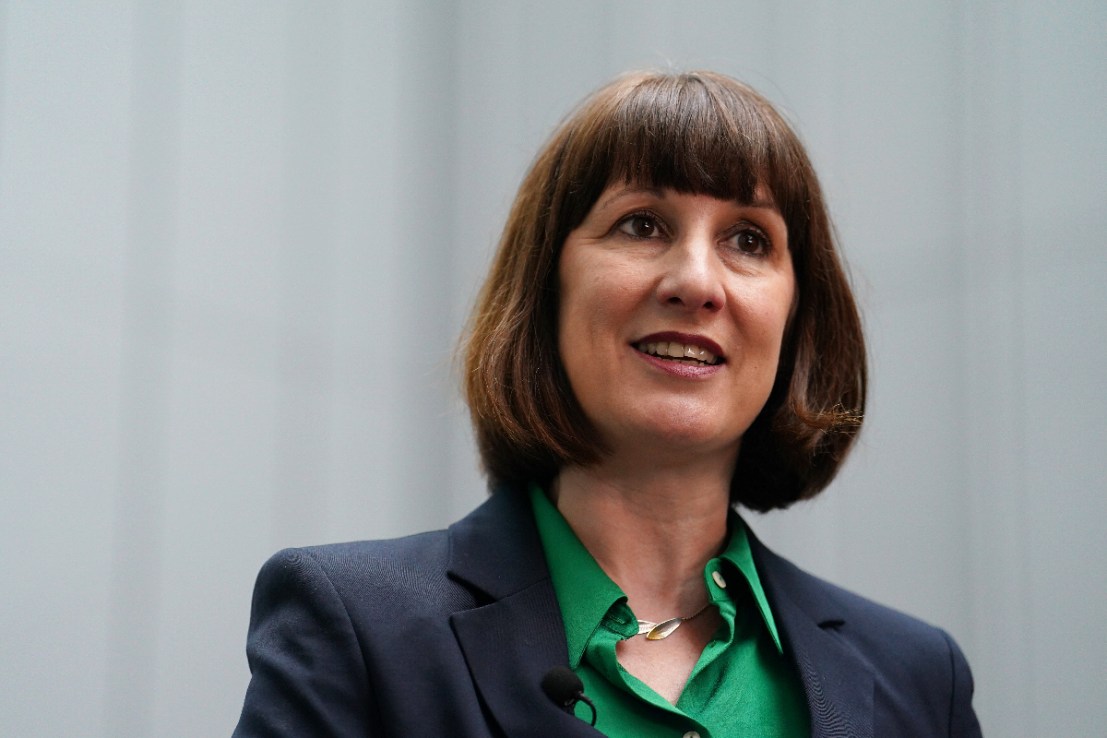Autumn Budget 2024: Reeves increases taxes on private equity profit
The Chancellor Rachel Reeves has confirmed she will increase taxes on the profit made by private equity dealmakers today but stepped back from the full-scale raid feared by some corners of the industry. In her maiden Budget, Reeves said the government would lift the levy to 32 per cent, up from 28 per cent previously. [...]


The Chancellor Rachel Reeves has confirmed she will increase taxes on the profit made by private equity dealmakers today but stepped back from the full-scale raid feared by some corners of the industry.
In her maiden Budget, Reeves said the government would lift the levy to 32 per cent, up from 28 per cent previously.
Carried interest – or carry – is the personal profit reaped by dealmakers from the sale of assets from a fund. The charge has long been regarded as a “loophole” by many outside the industry due to the fact it is taxed far lower than the top rate of income tax at 45 per cent.
Laying out the government’s fiscal plans, Reeves said the fund management industry “provides a vital contribution to our economy” but there “needs to be a fairer approach to the way carried interest is taxed”.
“So we will increase the Capital Gains Tax rates on carried interest to 32 per cent from April 2025 and – from April 2026 – we will deliver further reforms to ensure that the specific rules for carried interest are simpler, fairer and better targeted,” she added.
While the rate has been pushed up, it is well below the worst case scenario for the industry who had feared it would be equalised with the rate of income tax at 45 per cent. Such a move would have given the UK the most punitive rate among competitor nations.
Labour committed to ramping up the rate of tax on carry in its manifesto but the party has softened its tack after a fierce lobbying effort from the industry and warnings of an exodus of senior dealmakers to lower tax jurisdictions.
Pushing the rate as high as the top rate of income tax at 45 per cent would have made the UK’s tax treatment of carry among the most punitive of any of its competitor countries.
The 32 per cent charge will make it the second highest rate in Europe after France. In the US, carry is taxed at 34.7 per cent.
| Country | Carried interest tax rate |
| Spain | 22.8 |
| New York | 34.7 |
| Germany | 28.5 |
| Italy | 26 |
| France | 34 |
After opening a consultation on the plans over the summer, the government was warned that a punishing tax grab risked pushing dealmakers overseas.
“Global competition for private capital and inward investment is extremely fierce,” the British Venture Capital and Private Equity Association, wrote in its submission to the consultation in August.
“Any changes to the tax treatment of carried interest in the UK will be viewed in light of the carried interest tax regimes in key competitor jurisdictions, such as the US, France, Italy, Germany and others.”
The tax on carry is relatively small as a revenue raiser but has been a thorny issue politically. Labour has been trying to allay criticism of the lower rate as a “loophole” for City dealmakers while appearing open to business for international financiers.
In 2021, Reeves described the treatment of carry as a “tax break” that was giving executives favourable treatment as they “asset-strip some of our most valued businesses”.



